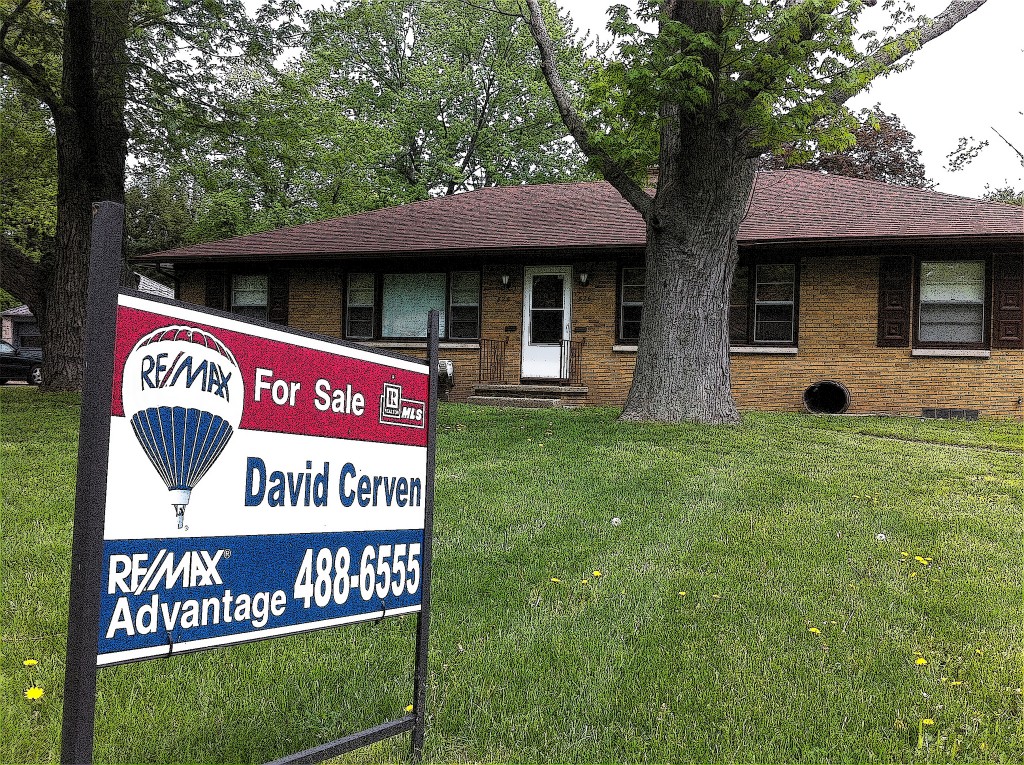For most individuals, the family home is often the most valuable asset. Understanding how real estate ownership and property division work during a divorce is crucial for both parties involved. The outcome depends on the stage of the divorce process, the type of property ownership, and how the property is titled.
Types of Property Ownership
- Tenancy in Common: In a tenancy in common, each owner has a distinct percentage of ownership interest in the property, and each owner’s heirs inherit their respective shares.
- Joint Tenancy: Joint tenancy involves equal ownership shares for each owner, typically 50% each. If one owner passes away, the other owner automatically inherits the deceased owner’s share, avoiding the probate process.
- Community Property with Right of Survivorship: In community property with right of survivorship, spouses hold title to the marital property. When one spouse dies, the surviving spouse automatically inherits 100% of the property, bypassing probate. To verify property ownership and any existing liens, clients should bring a copy of the deed(s) or a preliminary title report to their first meeting with an attorney.
The Divorce Process and Real Estate
A. Divorce Petition Filed
When a Petition for Dissolution of Marriage is filed, both parties are legally restrained from transferring, encumbering, or disposing of any property, whether community, quasi-community, or separate, without written consent from the other party or a court order (Family Code §2040). These restrictions are commonly known as Automatic Temporary Restraining Orders (ATROS).
While a pending divorce may prevent either spouse from selling real estate, they can still sever a joint tenancy with a spouse or terminate the right of survivorship, provided they give adequate notice (Family Code §2040(b)(3)). This action may be taken to prevent the other spouse from inheriting the entire property upon death, ensuring that the individual’s children or other heirs inherit their interest in the property instead.
B. Divorce Judgment Entered
When a divorce judgment is entered, joint tenancy and community property with right of survivorship between spouses are automatically terminated by law (Probate Code §5601). This means that each spouse will retain their individual share of the property, which can be distributed according to the divorce agreement or court order.
Navigating the complexities of real estate and divorce requires an experienced attorney who understands both the legal and financial aspects of property division. Charles M. Green is a skilled divorce and family law attorney with over 25 years of experience. As a former Certified Public Accountant, he has the financial expertise necessary to assist clients in navigating the intricate issues surrounding real estate and property division during a divorce.
Additionally, the Charles M. Green, APLC legal team includes multilingual paralegals who can provide support and assistance in a culturally sensitive manner. Contact Charles M. Green, APLC, at (213) 387-4508 to discuss your divorce case and learn how we can help protect your rights and interests in matters related to real estate and property division.


